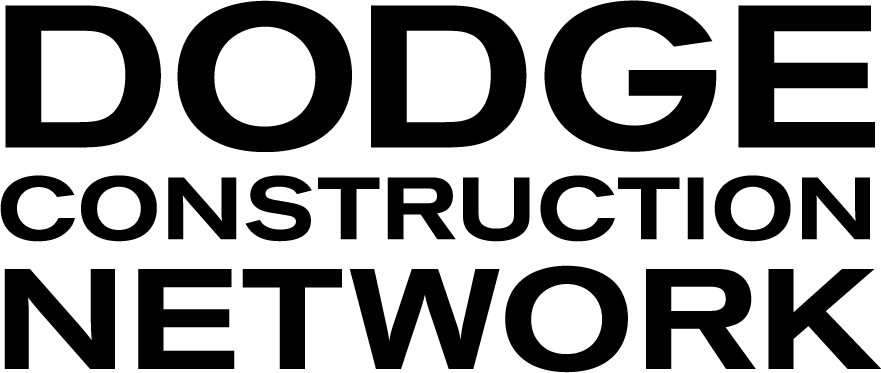Home Builders Still Hammering Away but Fear a Slowdown Looms
The coronavirus outbreak and weakening economy are likely to delay construction and exacerbate the housing shortage
While much of American business has shut down because of the coronavirus pandemic, home builders are still building houses.
But these companies are bracing for a sudden drop in demand due to the outbreak and the weakening U.S. economy, which is likely to slow construction and exacerbate the national housing shortage.
Most parts of the country have allowed housing developments to continue, but other issues threaten to derail some projects. They could be delayed by difficulties in obtaining government permits or inspections. Some builders are reporting supply-chain disruptions for materials like lighting and plumbing fixtures related to imports from China and other countries.
Home builders also anticipate a sharp slowdown in new projects. Home-buying demand was strong earlier in the year, boosted by low mortgage rates. But now, many potential buyers are facing layoffs, drops in the value of their stock-market portfolios and widespread economic uncertainty.
“It is a double whammy,” said Brad Hunter, managing director at real estate advisory firm RCLCO. “The builders are being hit simultaneously with a sudden drop in traffic through their models and showrooms and also disruptions in supply.”
At Lennar Corp., LEN.B 2.76%increase; green up pointing triangle one of the nation’s biggest home builders and bellwether for the industry, construction has continued and customers are still buying, said Stuart Miller, Lennar’s executive chairman, in an earnings call Thursday. Lennar shares rose 2.2% Thursday, more than double the increase of the broader stock market.
But the company said it is cutting spending on land acquisition, land development and new projects. It also paused stock buybacks and suspended its earnings guidance.

(Workers prepared a roof for a house under construction in a new development in York County, S.C., in late February.)
“As the economy slows, we expect that our traffic will decline and we will see the corresponding slowdown in sales,” Mr. Miller said. “There is enough uncertainty where nothing is on autopilot.”
A Lennar employee was one of the first Americans to die after contracting the coronavirus, he said.
The S&P Homebuilders Select Industry index has slid 41% this year, exceeding the 25% drop in the S&P 500 over the same period, according to FactSet.
Housing demand has outpaced supply in recent years. The U.S. has a national shortage of 3.3 million housing units, mortgage-finance giant Freddie Mac said last month. Home builders have been ramping up to help fill this demand.
Last month, when the pandemic was starting to take hold in the U.S., housing starts fell 1.5% from the prior month but rose 39% from a year earlier, according to Commerce Department data released this week. Residential permits, which can signal forthcoming construction, fell 5.5% from the prior month.
In February, there were 539,000 single-family homes and 683,000 apartments under construction in the U.S., according to the data.
Home builders are in a stronger position than during the financial crisis, when a number were highly leveraged. Many are likely to slow or stop acquiring new land in the short term so they can preserve cash, said Fitch Ratings.
Home builder confidence slid in March, the National Association of Home Builders said Tuesday. About one in five home builders who responded to the survey reported supply disruptions due to virus issues in other countries, and that proportion rose to one-third for builders who responded after March 6, NAHB said.
About 30% of building materials imported to the U.S. comes from China, according to Dodge Data & Analytics.
The industry might also face issues obtaining certain supplies domestically. Vice President Mike Pence on Tuesday called for construction companies to donate a certain type of face mask to hospitals to help alleviate a shortage and to not order more of those masks.
Local governments have taken varied approaches to home construction so far during the outbreak. Boston required all construction sites to halt work earlier this week. California Gov. Gavin Newsom on Thursday ordered all Californians to stay at home and clarified that home construction is exempt. Also on Thursday, Pennsylvania Gov. Tom Wolf ordered most businesses, including home construction, to shut down.
Some analysts said outdoor construction, where workers can maintain distance from each other, is less likely to be affected than interior work.
Buyers who are ready to move into completed new homes might have trouble getting the required closing documents such as loans and insurance if businesses or local government offices are closed, said Jerry Howard, chief executive of NAHB.
Similarly, home builders that are ready to start construction could be unable to get the required permits, he said, and projects that are mid-construction might pause until an inspection can be completed.
“The fact that the country is more or less shutting down is going to force construction sites to shut down until and unless we can solve some of these problems,” he said.
Bensonwood and Unity Homes, which build components of houses in factories before assembling them on site, have stopped hiring local construction crews to help their employees assemble homes, said Tedd Benson, who is chief executive of both companies.
The companies have also separated workers at their factories “into cocoons, where they are handling only the tools that they are handling and nobody else is handling those tools,” he said.
Mr. Benson said he expects some on-site assemblies to be delayed due to the virus. “People are scared, and they should be,” he said.
